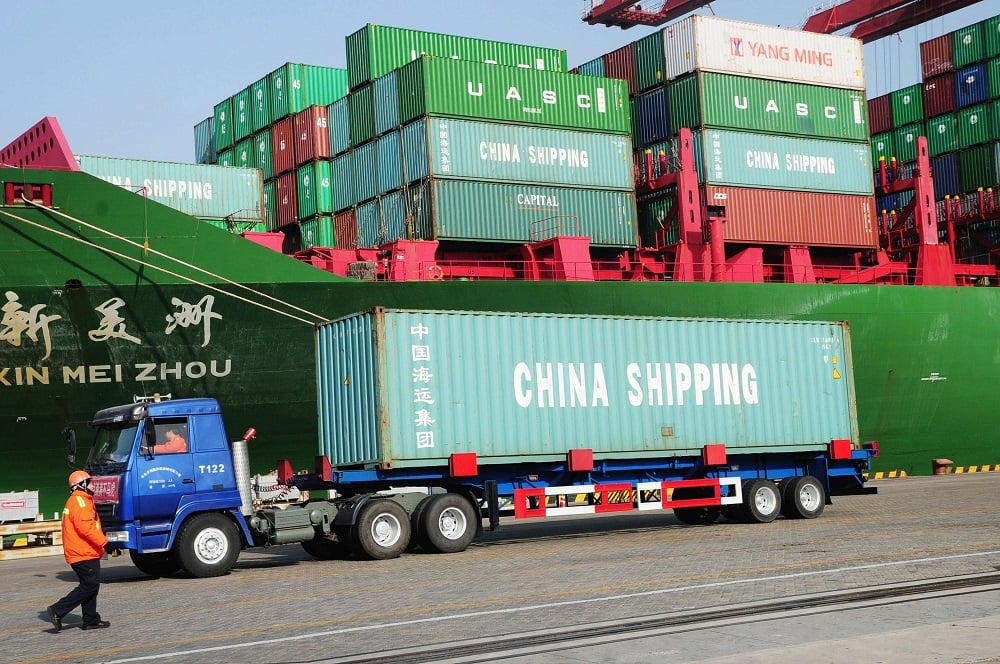Two very different Democratic leaders have recently openly expressed their ideologies, bringing contrasting perspectives into sharp focus. On the one hand, Rep. Suzan DelBene (D-Washington) has forcefully defended the benefits of US leadership in the global economy, including market-opening trade agreements and support for US technology companies. On the other hand, Rep. Katherine Tai, as she has done throughout her term as trade representative, has warned about the dangers inherent in the US’s traditional trade liberalization policies, which she believes promote inequality, social injustice and domestic monopolies.
Congresswoman DelBene represents Washington State’s 1st Congressional District, which is generally liberal but closely tied to the international economy. Her record reflects her liberal yet globally minded district, with an emphasis on the environment, abortion rights, health care, human rights and privacy. She serves on the House Ways and Means Committee’s Trade Subcommittee and is a former Chair of the trade-friendly New Democrat Coalition.
Her views are also informed by her diverse professional experience: With a background in high-tech education, DelBene went on to head a software technology company, worked at Microsoft for 10 years, and then served as Washington State Tax Commissioner.
In an interview with The Trade Guys, an excellent podcast from the Center for Strategic and International Studies hosted by William Reinsch and Scott Mill, Rep. DelBene made clear her own different views here, though she was careful not to criticize the Biden administration. For example, she strongly defended “true” traditional trade agreements negotiated by the executive and ratified by Congress. She argued that executive agreements supported by both the Trump and Biden administrations are ultimately “unenforceable” and can be “undone” at any time by a future president. In her view, Congress needs to reassert its constitutional role in trade policy rather than allowing the executive to seize total power.
She also made a strong case for strong digital trade rules, such as those enshrined in the U.S.-Mexico-Canada Trade Agreement (free flow of data, curbs on data localization, and source code protection), and argued that the U.S. should not lose its current advantages in digital technologies, in contrast to the Biden administration’s “pause” in the field.
Katherine Tai, United States Trade Representative (USTR). In stark contrast to Rep. DelBene, Katherine Tai has taken a defensive stance on US trade and international economic policy. Tai recently sounded the alarm about trade “deal fever” in remarks at the anti-global, anti-big tech Open Market Institute, but this warning is a bit too strong given that the Biden administration has not attempted to negotiate new trade agreements and has withdrawn from negotiations with the UK and Kenya that were initiated during the Trump administration. Indeed, the administration’s much-touted (but unenforceable) Asia enforcement agreement, the Indo-Pacific Economic Forum, has so far notably lacked a comprehensive trade component, an omission that is largely at the demands of anti-trade progressive Democrats.
Tai, who has criticized past FTAs concluded under both Democratic and Republican presidents, advocated for a “new path” for trade policy, but again failed to define its specific philosophy. Rather, she instructed trade negotiators to break down traditional trade “silos” and address broader issues such as monopolies, economic opportunity, the environment, and social justice. She defended the decision (above) to withdraw from the World Trade Organization’s digital trade negotiations to give the United States more “policy space,” even though the digital rules in the United States-Mexico-Canada Agreement (USMCA) provide for legitimate public policy exceptions. She asserted that she is not opposed to e-commerce negotiations in principle, but insisted on resolving “serious” issues first. Meanwhile, others are moving forward with writing the rules for the Internet, as DelBene warned.
DelBene also expressed hope that a second Biden administration would move forward with international trade negotiations, and given the current skepticism from the USTR, she may have to offer to lead that effort herself.

